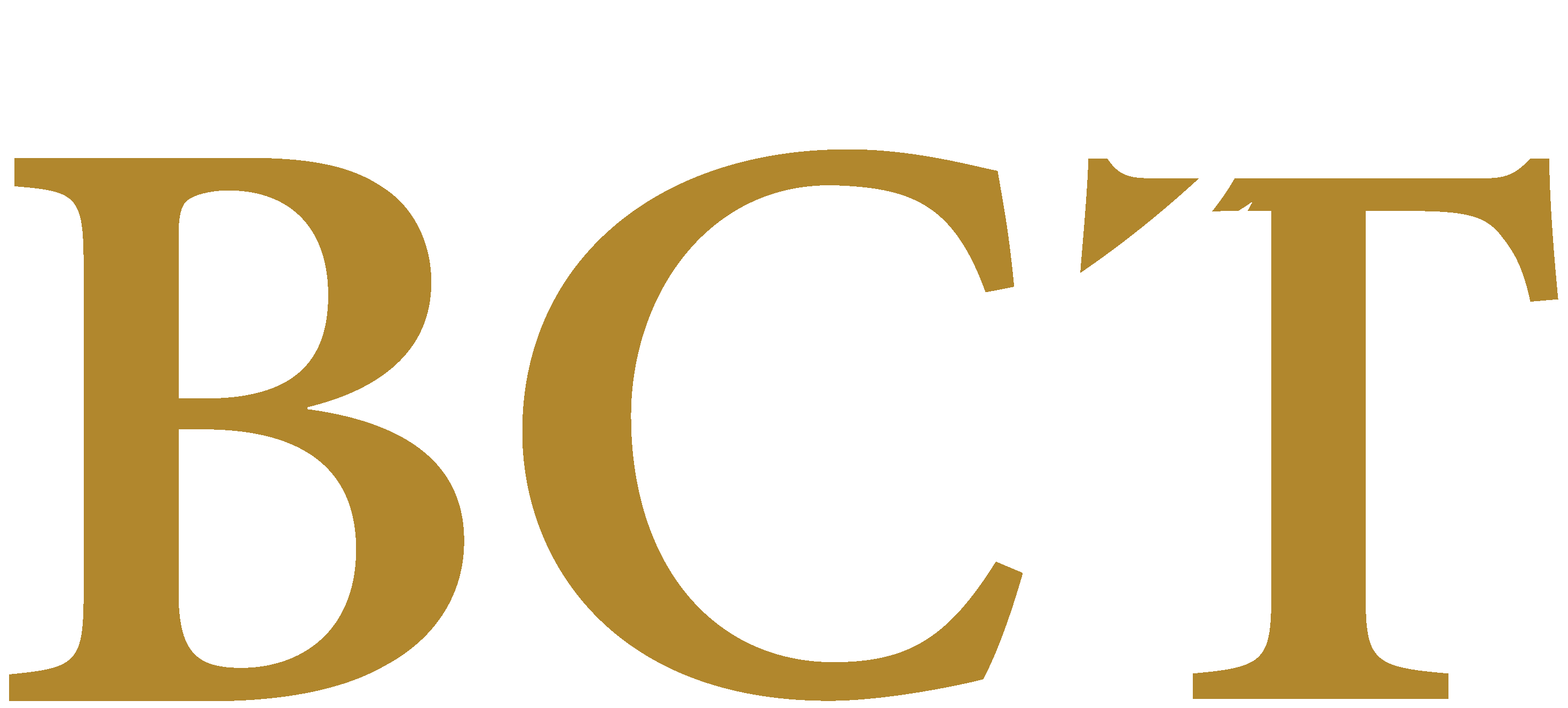Blockchain
Blockchain, a Distributed Ledger Technology (DLT) is an emerging technology that is often termed disruptive, with tremendous potential to change a multitude of today's business practices, processes and operations.
A Brief History of Blockchain
Each technological era brings with it a new batch of emerging technologies. Three decades ago, the personal computer, combined with appealing user interfaces, burst onto the scene and disrupted how everything worked. Today the technology with that potential is blockchain.
In 1991 a paper by Bell Communications Research (Bellcore) research scientists, Stuart Haber and W. Scott Stornetta described how technology could provide a platform that allowed a signed information chain or block to be used as an electronic ledger that openly showed that none of the signed documents in the block had been altered.

In 2008, the inventor of bitcoin, Satoshi Nakamoto, published a paper via the Cryptography Mailing List and then released the first version of the bitcoin software client in 2009. He participated with others on the project until he finally began to fade from the community toward the end of 2010. At this point the term blockchain was almost exclusively associated with Bitcoin.
Nakamoto worked with people on the open-source team, but took care never to reveal anything personal about himself, and the last anyone heard from him was in the spring of 2011, when he said that he had "moved on to other things".
While Bitcoin and related digital currencies continue to play an unfolding but impactful role in the financial world, blockchain, Nakamoto's basic infrastructure that made Bitcoin possible, is a more disruptive technology that has the potential to affect numerous diverse areas in the commercial world today. These commercial areas include but are not not limited to: healthcare, supply chains, energy, cybersecurity, real estate, etc.
Blockchain, a Disruptive Technology?
The personal computer is just one of many "disruptive" technologies that have shaped the accelerating path of humankind: tools (stone, iron, bronze), the printing press (mass communication), steam and gasoline engines (Industrial Revolution), electricity (engines, light, distant communications), the Internet (Social Media, online shopping), Internet of Things (IoT), to name a few. Today the newest technologies include Artificial Intelligence (AI), big data analytics, and the most recent: Blockchain.
There are several reasons why blockchain is described as a disruptive technology. A blockchain provides a new way of managing trust and makes organizations transparent and decentralized. Blockchain technology is at the heart of the shift from centralized server-based internet systems to a cryptographic transparent network. Blockchain technology is being called a second Internet by some and it is important to individuals because of the potential impact it may have on all types of interactions in the future including banks, healthcare organizations, government, and almost every other type of business. Blockchains display information from hundreds or thousands of sources and, once captured, the data cannot be copied or altered. It is transparent and available to everyone, so essentially it will remove all secrets if it is public information. But, secure data will be available only to the people who are impacted.
Predictions
2019 predictions for the future of blockchain include: The convergence and intersection of blockchain and IoT will speed up implementation of both; Major projects (e.g. Walmart) will create visibility and influence interest in blockchain; The blockchain ecosystem (e.g. Ethereum, Hyperledger, Quorum) will continue to evolve; The importance of non-technology issues (e.g. smart contract rules, access permissions, governance frameworks, and legal agreements) will be of paramount importance and a challenge to regulated industries.
This topic provides an understanding of blockchain including its historical background, architecture, applications, concerns and a potential user's decision process. The discussions in this topic are intended to provide an initial overview of blockchain for interested readers, not only technical professionals. It is designed as a quick read for a decision-maker, other interested readers, or anyone who needs a quick understanding of the blockchain topic at a high level.
Continue to the Architecture.







